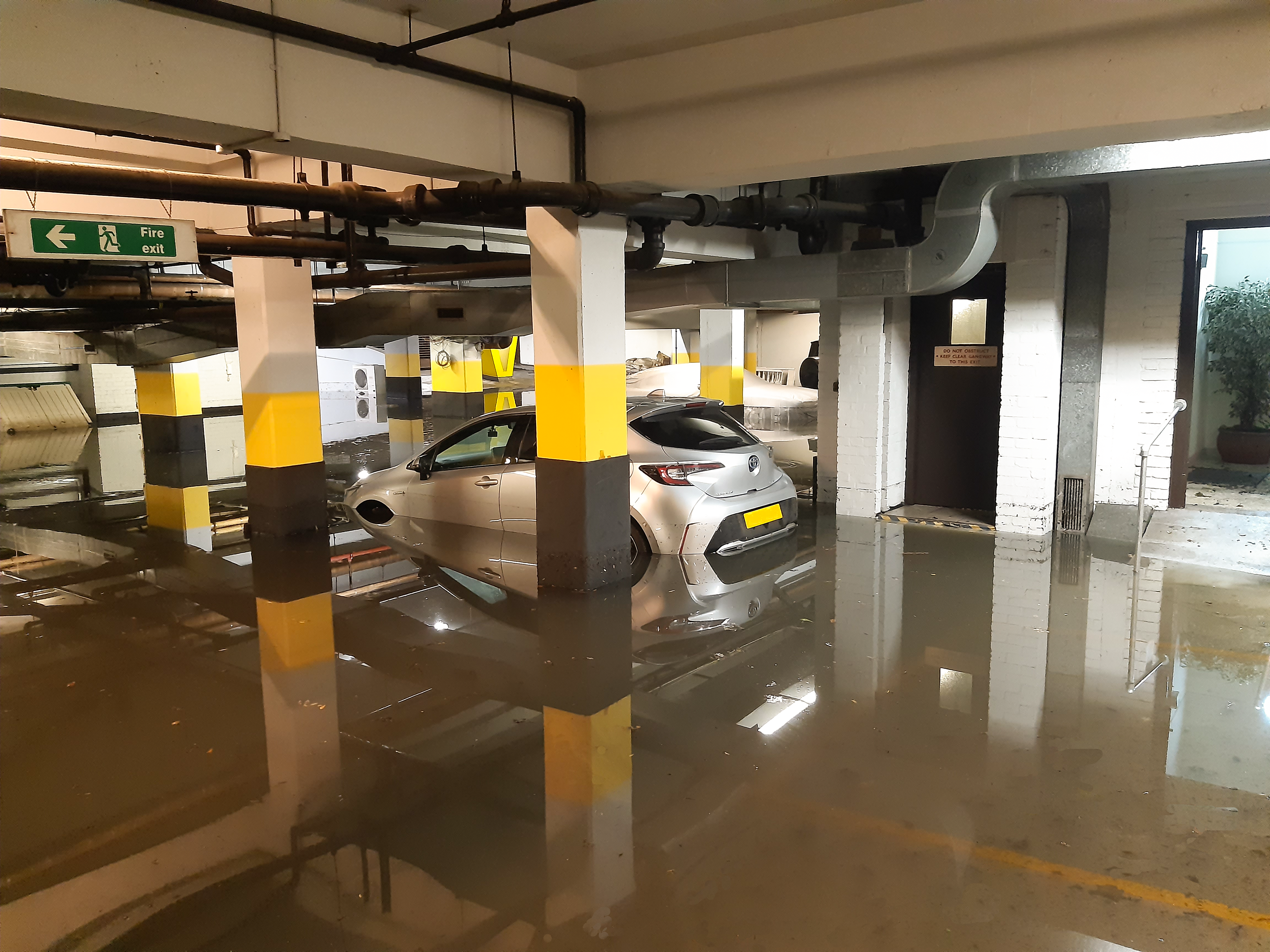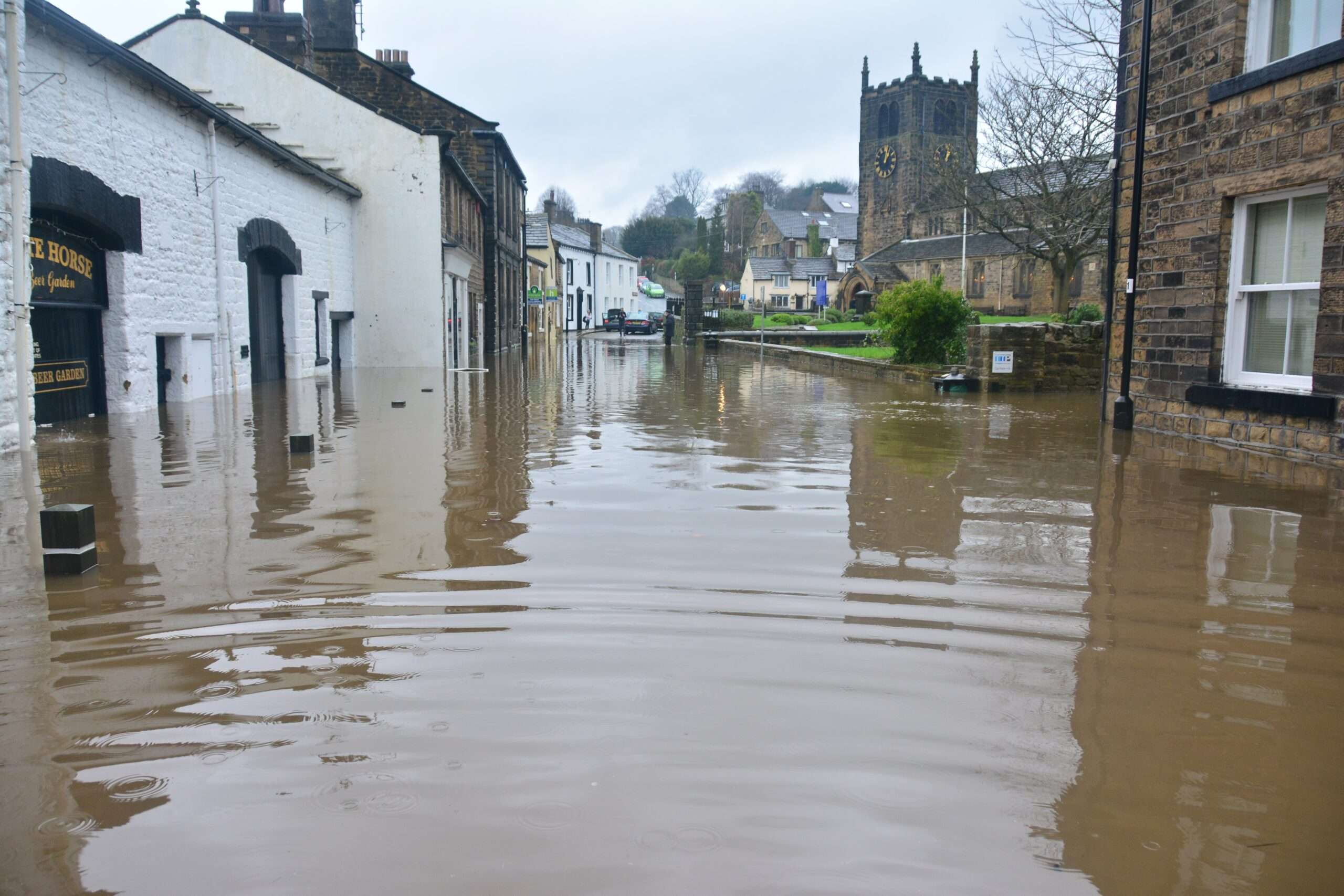If you live in the UK, it’s likely that you or someone you know has experienced a flood. There are around 2.4 million properties at risk from river or coastal flooding each year. Another 2.8 million are at risk from surface water flooding; these are floods that occur when the volume of rainwater falling does not drain away in normal drainage systems as it is falling too fast for these to cope with it. Flooding is a major cause of disruption for commercial properties. It can be the source of major losses for your business as well as huge safety risks to anyone working for you.
Flood warnings from your local council, TV news or local radio stations will tell you if your property is in immediate danger of flood damage. There are various measures that you can take to keep yourself, and your property safe from flood damage. Many of these are the same measures that you should adhere to, to keep your home and family safe.
To prepare for a flood, take these emergency measures:
Before Floods
- Prepare an emergency kit containing; a paper copy of your emergency essential contact numbers, copies of important documents, such as insurance policies and emergency hard drives. Keep these in a waterproof bag.
- When a flood strikes, sandbags and sand from builder’s merchants can be used as a barrier to divert water and prevent or reduce floodwater damage.
- Move vehicles, especially heavier ones such as HGVs to higher ground so they won’t be caught in rising floodwater.
- Take photographs of your business to help with any possible insurance claims.
- Turn off the mains power before you leave the property
- Put sandbags in toilet bowls to prevent sewage backflow.
- Shut and lock all windows and doors. This will reduce floodwater entering the building.
During Floods
- Never walk, swim, or drive through floodwater. It only takes two feet of water to float a car.
- Avoid contact with floodwater. It may be contaminated with foul waste. Sometimes this is unavoidable, but make sure you wash everything thoroughly after contact.
- Wait until you are advised by your local council, emergency, or government services until you return to your property.
After Floods
- Dispose of any food.
- Ask employees to boil tap water or use bottled water until supplies are declared safe.
- Always call 999 if you or someone in your vicinity is at risk.
40% of all businesses that have experienced flooding are unable to reopen. There are however plans that you can implement to protect your business against these circumstances. Express Commercial Solutions are here to enable your business to remain open or if this is not possible, to recover your operations as fast as possible.
Avoid The Effect Of Disasters, With A Planned Preventative Maintenance Plan
One of the most important measures businesses in crisis situations need to consider is environmental protection. If your flood water gets contaminated by foul waste, interceptor oil or the various other things that can mix with unplanned flowing water, your floodwater can suddenly turn into an environmental hazard. If this mixes with public waterways, you can then face uncapped fines.
A planned preventative maintenance (PPM) programme that covers commercial drainage will decrease the likelihood of business disruption. Its main goals will be to:
- Minimise business disruption and downtime.
- Reduce the need for emergency callouts.
- Organise a plan to ensure your infrastructure is properly maintained.
- Ensure that agreements are aligned with business requirements.
- Factor in business savings.
- Comply with health, safety, and environmental standards.

Your Protection Plan
As the winter months move in and groundwater levels rise, contact us to put a preventative plan in place. If the worst does end up happening, we aim to arrive on site within the hour, 7 days a week.



